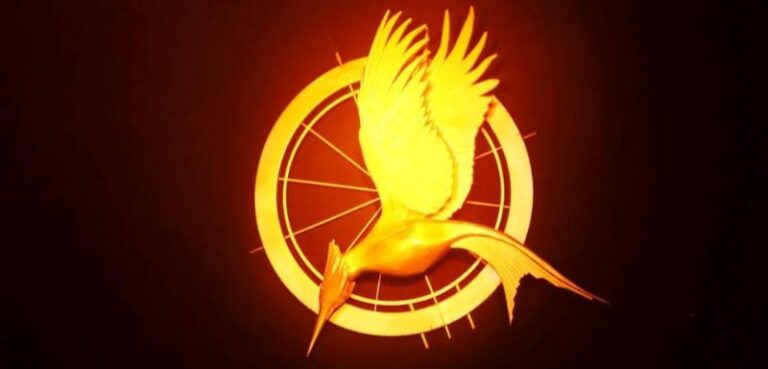Everyone has different criteria when defining what is “explicit” in literature. While there are novels that are X-rated with detailed depictions of sex, lawmakers tend to extend the term “explicit” to encompass vulnerable communities, such as minority authors, LGBTQIA+ folks, and non-Christians. While I agree that children should not be reading “explicit” content, I am specifically referring to adult erotica, like Fifty Shades of Grey, for instance. Lawmakers are taking a stab at anything that goes against their own personal belief system without examining literary value.
The Bluest Eye by Toni Morrison is a classic work of postmodern literature, a true masterpiece. Morrison’s novel follows a young girl named Pecola who wants so desperately to have blue eyes, which are associated with whiteness. Other children and adults mock her relentlessly and refer to her as “ugly” because of her dark skin. It is a poignant exploration of both racism and colorism, something that plagued the 1970s when the novel was published and still permeates today’s society. Pecola’s parents are abusive. Her father drunkenly rapes her, and when she runs to her mother for help, she doesn’t believe her daughter and beats her. Pecola falls pregnant, and her mental state drastically declines. She begs a mysterious man to give her blue eyes, and he instructs her to feed a dog poisoned meat. When the dog dies, Pecola believes that her eyes are now blue, and that is why everyone is staring at her when, in reality, everyone is deeply disturbed by the fact that this young girl faced incest and rape.
When lawmakers review The Bluest Eye, they only see the rape and incest. They do not see the literary value of the text and only read aloud certain snippets of the novel to garner a negative reaction. Out of context, it is easy to see why so many parents would not want their children in high school to read such a dark novel. However, Morrison’s intent was to remind readers “how hurtful racism is” and that people are “apologetic about the fact that their skin [is] so dark.” Morrison continued, “I felt compelled to write this mostly because in the 1960s, black male authors published powerful, aggressive, revolutionary fiction or nonfiction, and they had positive racially uplifting rhetoric with them that were stimulating and I thought they would skip over something and thought no one would remember that it wasn’t always beautiful.”
Is The Bluest Eye truly “explicit,” or can people just not read with critical analysis to identify the meaning behind the themes of the text?
Novels without themes of rape, incest, or sex are also being banned. 26% of banned books contain LGBTQIA+ themes. If there are queer characters, the book will be banned without a second thought. For example, And Tango Makes Three is a children’s book about two male penguins who raise a baby penguin. It’s adorable; it has the cutest illustrations! Yet this sweet story about a penguin family is deemed “explicit?” It doesn’t make any sense.
Pride: The Story of Harvey Milk and the Rainbow Flag by Rob Sanders is an educational children’s book that explains the history of Pride, yet this is also described as “explicit.” It’s an informational text, how can that be deemed as “explicit” as adult erotica?
Chik Chak Shabbat, a wholesome children’s book about an entire apartment building full of diverse people coming together to celebrate Shabbat and eat together, was also banned. This book’s wide cast of characters come from different religions, races, ethnicities, and nationalities, but they come together to celebrate their friendship and differences. It’s unifying and beautiful.
The definition of “explicit” varies from person to person. I do not believe that you can lump in any of the books I’ve named with adult erotica. BIPOC, LGBTQIA+, and authors of religions other than Christianity are facing the harshest bans. To say that all books with LGBTQIA+, Jewish, Muslim, Hindu, Buddhist, etc. themes are “explicit” is a method of fearmongering and a poor excuse for bans of perfectly appropriate texts. Literature is how we grow to learn about diverse perspectives and share our grief and joy with unique characters who are different than ourselves.

